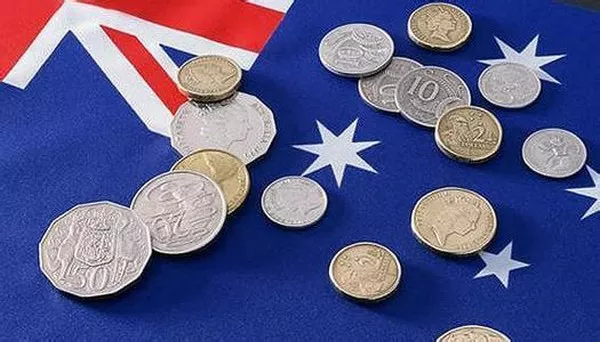The Australian dollar has been one of the strongest currencies in the world in recent years. It has outperformed many global currencies, including the US dollar, the euro, and the British pound. This article aims to explore the factors contributing to the strength of the Australian dollar.
Section 1: Strong Economic Fundamentals
Australia’s economy is one of the most robust economies globally, characterized by steady growth rates, low unemployment, and a stable political environment. These economic fundamentals serve as the foundation for the strength of the Australian dollar.
1.1. Strong GDP Growth:
Australia’s economy has consistently grown over the years, with an average annual growth rate of 2.8% between 2016-2020. This growth rate is higher than most other developed countries, which attracts foreign investors to invest in the Australian economy, thereby boosting the value of the Australian dollar.
1.2. Low Unemployment Rate:
The unemployment rate in Australia is currently at 5.5%, which is lower than several other developed countries such as the United States, Canada, and the United Kingdom. A low unemployment rate often leads to increased consumer spending and confidence in the economy, which in turn increases the strength of the Australian dollar.
1.3. Political Stability:
Australia has a strong democratic system and a well-established legal framework. This political stability provides confidence to investors, who are more likely to invest in a country with a stable government and legal system, contributing to the strength of the Australian dollar.
Section 2: Commodity Exports
Australia is rich in natural resources, including minerals, oil, and gas. The country has a significant export market for these commodities, which directly impacts the value of the Australian dollar.
2.1. Iron Ore Exports:
Australia is the world’s largest exporter of iron ore, which constitutes a significant portion of the country’s exports. The high demand for iron ore from China, Japan, and South Korea drives up the value of the Australian dollar, making it one of the strongest currencies in the world.
2.2. Coal Exports:
Australia is also a major exporter of coal, which is used to generate electricity in many countries. The high demand for coal globally leads to increased revenue for Australia, contributing to the strength of the Australian dollar.
2.3. Gas and Oil Exports:
Australia has significant reserves of natural gas and oil, making it one of the largest exporters of liquefied natural gas (LNG) globally. The high demand for these resources contributes to the strength of the Australian dollar, as more foreign currency flows into the country.
Section 3: Interest Rates
The Reserve Bank of Australia (RBA), the country’s central bank, plays a critical role in setting interest rates in the country. The interest rates impact the value of the Australian dollar, making it one of the most important factors behind its strength.
3.1. Higher Interest Rates:
The RBA often raises interest rates to curb inflation and encourage investment in the country. Higher interest rates make the Australian dollar more attractive to foreign investors, leading to increased demand and higher value.
3.2. Stable Interest Rates:
The RBA has maintained stable interest rates over the years, which has contributed to the stability of the Australian economy and the strength of the Australian dollar.
3.3. Lower Interest Rates:
In some cases, the RBA may lower interest rates to stimulate economic growth. While this may lead to a temporary decrease in the value of the Australian dollar, the long-term benefits of economic growth can contribute to the strength of the currency in the future.
Conclusion:
The strength of the Australian dollar is driven by a combination of strong economic fundamentals, commodity exports, and interest rates. These factors have contributed to the stability and growth of the Australian economy, making it one of the most attractive destinations for foreign investors. As long as Australia maintains these fundamentals, the strength of its currency is likely to continue in the future.
Related Topics:


























